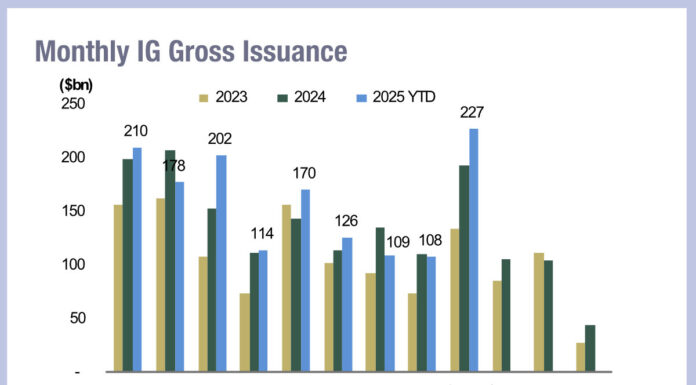By Pia Hecher. Market intelligence provider Greenwich Associates has announced this year’s market structure trends, reporting that markets will remain volatile and exchanges will become more important. The analyst firm […]
Home Product type Credit Greenwich Associates: Streaming prices boost buy-side bond liquidity in 2019












